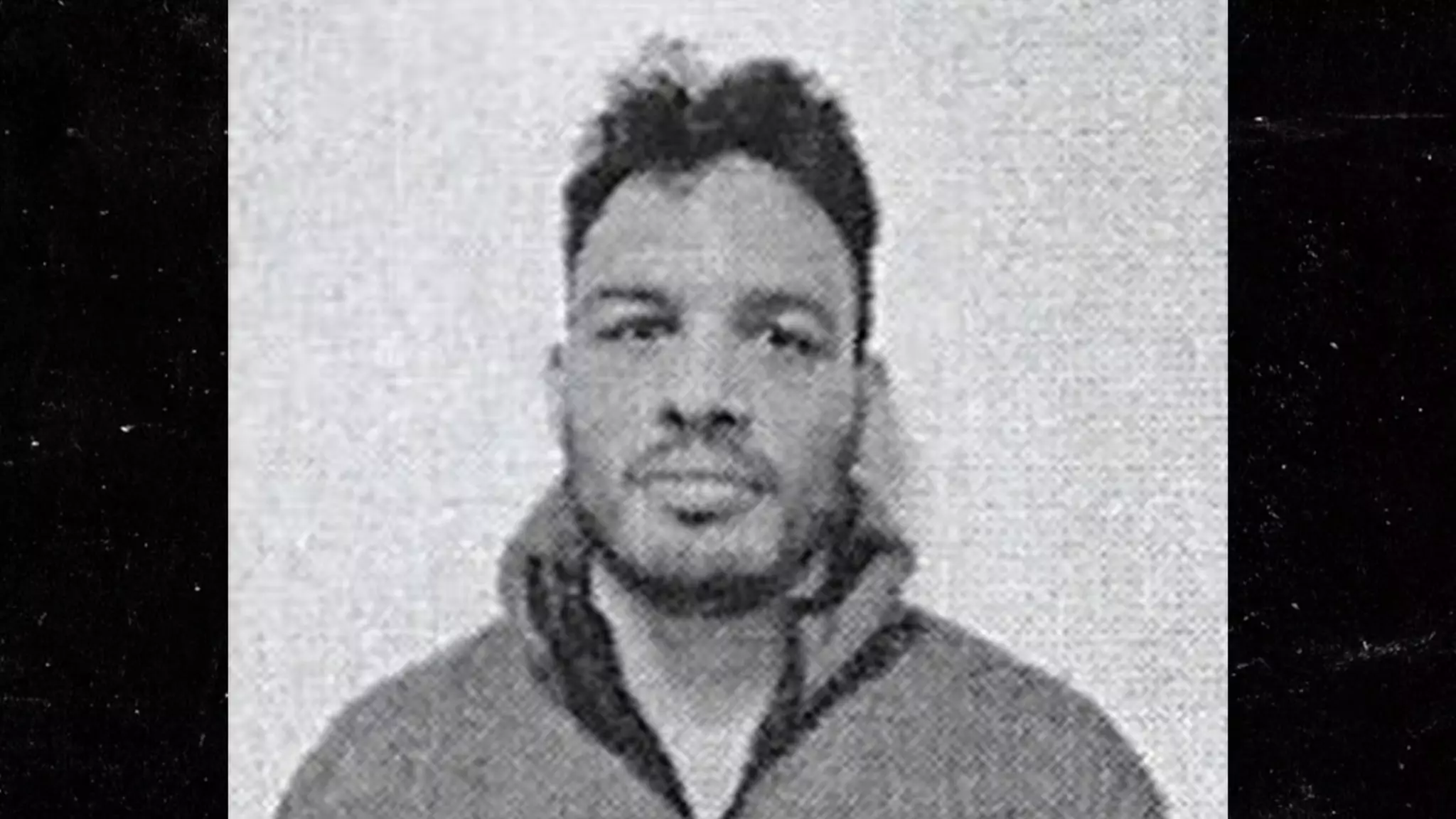Julio Cesar Chavez Jr., once celebrated as a formidable force in the boxing world, now finds himself embroiled in a series of legal catastrophes that threaten to overshadow his athletic legacy. His recent arrest by Immigration and Customs Enforcement (ICE) in Studio City, California, marks a stark departure from his days inside the ring. This incident isn’t merely about a run-in with law enforcement; it symbolizes a dramatic fall from grace driven by a series of reckless decisions and associations. Chavez Jr.’s arrest over a warrant linked to allegations of weapons trafficking and connections to organized crime unearths uncomfortable truths about the intersection of fame, criminality, and personal choices.
The Shadow of Organized Crime and Its Impact
The allegations leveled against Chavez Jr. are grave, implicating him in organized crime activities involving firearms, explosives, and ammunition. These charges, reportedly linked to a Sinaloa Cartel affiliate, cast suspicion on his true character behind the boxing persona. It raises serious questions about the influences that may have led him astray. The idea that a figure of his stature could be linked to such dangerous elements underscores a distressing reality: fame and notoriety can sometimes facilitate dangerous associations rather than deter them. The controversy is compounded by remarks from Homeland Security officials, who criticize previous administrations’ failure to prioritize his removal despite his criminal record—a stark commentary on systemic lapses and the complexities of immigration enforcement.
The Cost of Personal Choices and Public Persona
Chavez Jr.’s legal troubles extend beyond the recent arrest. His record in the United States dates back over a decade, highlighting a pattern of risky and illegal behavior, including DUI and possession of an assault weapon. These recurring issues reflect a pattern of poor judgment and a disregard for the law. The public’s perception of Chavez Jr. has shifted dramatically—from champion to cautionary tale. His high-profile bouts with athletes like Canelo Alvarez and even Jake Paul painted a picture of resilience and skill; yet, his personal life seems marred by repeated missteps. This contrast illustrates how personal conduct can erode even the most promising careers when left unchecked.
The Broader Implications: Fame, Crime, and Accountability
Chavez Jr.’s case ignites a broader debate about accountability among celebrities and high-profile athletes. Behind the glamour and glitz lies a compelling need for personal responsibility. His arrest underscores that fame does not grant immunity from the law—an idea the authorities seem to be asserting strongly. It serves as a reminder that notoriety can amplify one’s influence and, consequently, one’s fall. The aggressive stance taken by Homeland Security officials, emphasizing the importance of deterring cartel influence and trafficking, signals a zero-tolerance policy that should resonate across all sectors of society. Chavez Jr.’s story is a cautionary narrative about how unchecked personal behaviors—and associating with dangerous entities—can lead even the most celebrated individuals into perilous waters.

